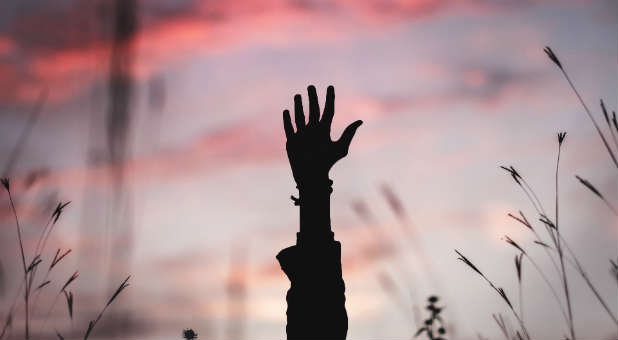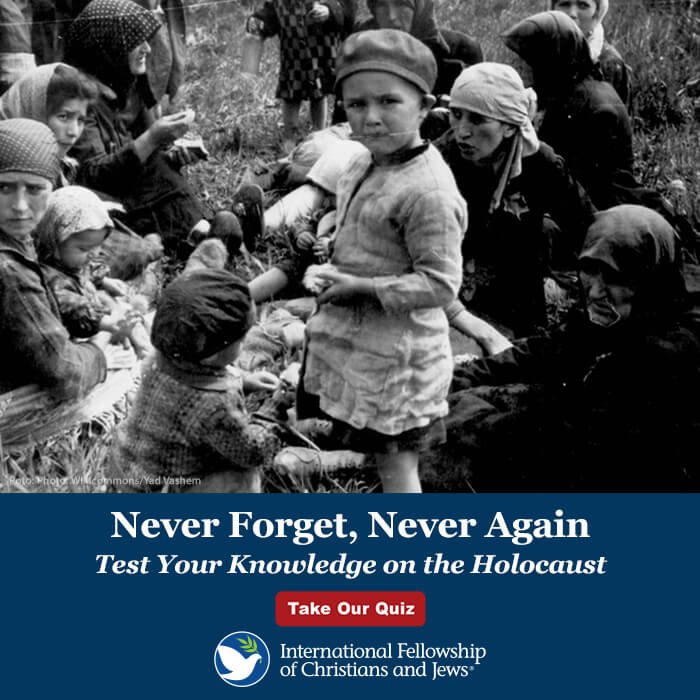“Just as the Lord forgave you, so also should you” (Col. 3:13, NASB).
Guilt is our friend. If you are like me, it’s a friend you don’t want showing up on your doorstep. But, more than likely, without it you and I would go on in wrongdoing until becoming dominated and defeated by it.
Guilt is an alarm system that points us to our own misconduct. Yet instead of heeding the alarm, we ignore it, rationalize it, deny it, excuse it, drown or drug it. What we rarely do is to use our guilt for good, letting it redirect and thus transform us into better people. We tend to let it consume and destroy us. Much like drinking poison, guilt and the inability to forgive ourselves can slowly eat away at who we are, rob us of our inner peace, and ultimately shatter our spirits.
The dictionary definition of “forgive” is “to stop blaming.” The benefits of forgiveness are gifts to both the giver and receiver. Because to stop the blame game, and to forgive, ultimately releases us from resentment and allows us to experience freedom and peace. Despite this, we still struggle with forgiveness, finding that the hardest person to forgive is often our own self.
Have you ever done or said something that was so horrific—something that you so regretted doing or saying—that you couldn’t forgive yourself? Have you relived whatever it was over and over again, each time thinking of a different “if only”? Has the unforgiveness turned to a deep bitterness and even self-hatred? I understand.
For three years I was my husband’s full-time caregiver. I loved the role. But on the date I’m writing this, two years ago—Aug. 17, 2015—I found him unresponsive in our pool. Three days later, my beloved husband of 49 years, Danny, went to heaven. On my watch.
And thus began a difficult journey of forgiveness. Of myself. If I kept blaming myself and wallowing in the guilt, I knew I would spiral down into bitterness and self-hatred. I could actually feel the downward pull into that black hole from the moment I found Danny.
My journey to forgive myself began with a simple prayer. God, I am so sorry. Danny’s death is my fault. I have failed to obey Your calling to care for him. I’m so sorry. For two days, that’s as far as I got on my journey. God, I am so sorry. God, I am so sorry.
God, who loved my husband, and who loves me, used doctors, nurses and friends to comfort me. I was told that there was no evidence Danny had drowned or had a heart attack. It seemed that he had simply gone to sleep in the water. But I was still left with the stinging self-flagellation … blame … guilt … and all the “what ifs” and “if onlys.”
Then God seemed to whisper to my broken, grief-stricken, guilt-ridden heart … Anne, I forgive you. The blood of Jesus is sufficient for the forgiveness of any and all sins, including your temporary neglect of Danny and his subsequent death. You have said you were sorry. You have asked Me to forgive you. And I have. Now accept My forgiveness and My timing. I called him home when his life was complete. I had numbered his days. Trust Me. And forgive yourself.
As I thought about it, I reasoned: If God says He forgives me, who am I to say, “God, thank You, but I just can’t forgive myself?” Am I greater than God? Are my standards of righteousness higher than His? If He forgives me, I really have no option but to accept His forgiveness and forgive myself. So I did. With humble gratitude and thanksgiving. Then the peace came.
Once we tell God we are sorry for our sin and failures and accept His forgiveness, then forgiving others—including ourselves—is an act of worship. It’s a decision we make not only in obedience to God’s command, but also in response to His own love, grace and mercy extended to us. Pure and simple. How can you—or I—accept God’s forgiveness, then turn around and withhold our forgiveness of someone else? So …
Would you make the decision to forgive, now? Tell God you’re sorry for whatever it is. Ask God to forgive you. Then turn around and forgive that other person, especially if that other person is yourself. Why? For the simple reason that God has forgiven you. And living in His forgiveness is where peace is found.
Anne Graham Lotz, second child of Billy and Ruth Graham, is the founder of AnGeL Ministries and chairman for the National Day of Prayer Task Force. She has authored 15 books, including her latest, The Daniel Prayer.
This article originally appeared at annegrahamlotz.org.
See an error in this article?
To contact us or to submit an article
























